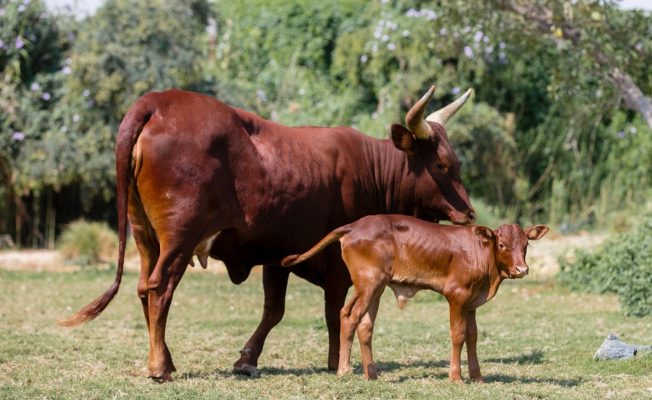Dubai – Masaader News
Paul McCarthy made the personality traits of the top computer programmers and top tennis players in the world based on the information they revealed on their Twitter feed. “I nearly fell off my chair when I saw the results,” says McCarthy, adjunct professor at the University of New South Wales in Australia. The computer and data scientist had used an Artificial Intelligence tool to assess the Twitter accounts’ language for insight into five key personality traits. “I thought I’d done something wrong, because I didn’t think it could be right that all these people had such similar personalities,” he says, according to BBC.
McCarthy’s results found that the top 200 professional tennis players on Twitter showed remarkably similar personality traits. “They are largely very agreeable and very extroverted, very conscientious and they tend to score low on openness,” he says.
The AI tool used to gauge personality via Twitter feed is not new, but McCarthy joined with University of Melbourne associate professor of psychology Peggy Kern to explore a new question: whether they could use the giant sample that is Twitter to find out which personality types, as revealed by digital footprints, suit which professions.
Historically, careers advisers and researchers have broadly posited that certain personality types suit particular professions – that extroverts suit sales roles, for instance – but McCarthy says the scale of this recent research is markedly greater than earlier work in the field. “All the previous work in this area involves surveys. It involves as little as 50 people sometimes, and generally up to a few hundred people,” he says. “Whereas this [Twitter study] is observed behaviour… at this scale you can see things you can’t see elsewhere.”
The accounts – which self-identified the user’s profession – were measured in terms of their ‘big five’ personality traits: agreeableness, extroversion, conscientiousness, neuroticism and openness.
The researchers have brought this information together in what they call a ‘vocation compass’: using AI to map 1,000 different roles according to personality traits prevalent in each role. In testing the tool, they found that they could predict a Twitter user’s profession, based on the personality analysis of their Twitter language, with 70% accuracy.
This vocation compass, they say, could become a valuable tool to help people find the jobs they are most suited for. “If you think about a lot of our young people who are posting about their lives online all the time, we could say to them: ‘let’s use that information that you’ve shared to help you identify the sort of jobs that may be good for you, beyond what your parents might say or beyond a job that you have heard about,’” says Kern.







